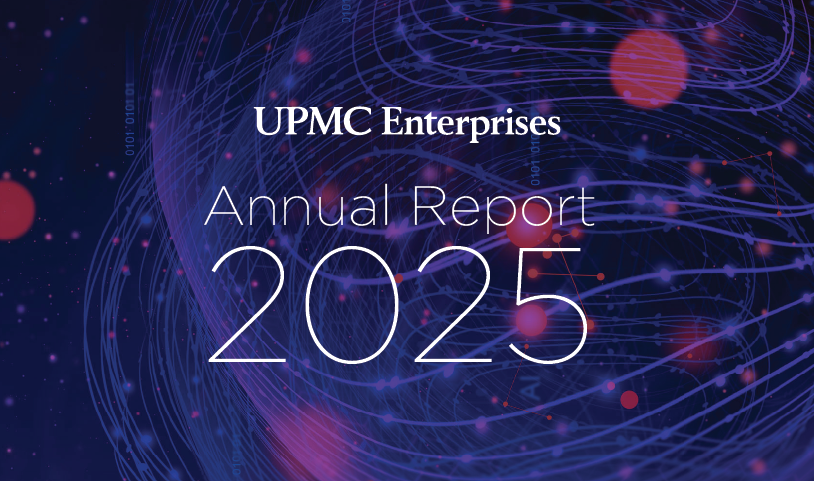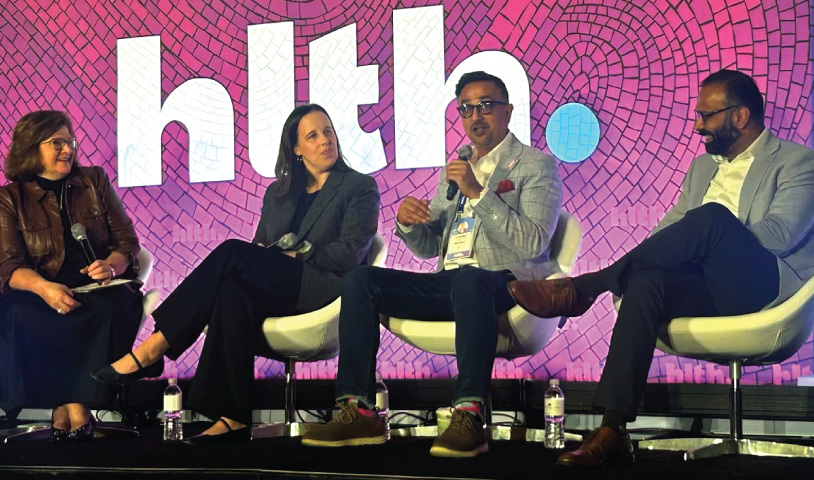Apr 28, 2021
UPMC Enterprises Invests in Code Biotherapeutics, a Gene Therapy Startup
Developing targeted non-viral vector gene therapies for rare and prevalent diseases
Continuing its commitment to invest meaningfully in life sciences companies at all stages, UPMC Enterprises has co-led a $10 million seed financing to launch Code Biotherapeutics (“Code Bio”), a next-generation gene therapy company pioneering the development of targeted non-viral gene therapies to treat rare and prevalent genetic diseases.
Although gene therapy products such as Zolgensma (for Spinal Muscular Atrophy) and Luxturna (for Leber congenital amaurosis) have been approved, the first-generation of AAV (adeno-associated virus) based therapies suffer from a limitation on gene size, a lack of cell targeting specificity, and inability to re-dose patients due to immune response. The Translational Sciences team has been actively reviewing the landscape of technologies that can help address these delivery challenges for gene and cell therapies, especially those that can work in tandem with existing ITTC investments in oncology, aging, and ophthalmology.
In Code Bio, the team identified a technology platform which has been engineered to overcome many of the challenges inherent with viral-based gene therapies. Headquartered in Philadelphia, Code Bio has developed a novel multivalent synthetic DNA delivery platform, called 3DNA. This platform has a much larger carrying capacity than AAVs and has been shown to be non-immunogenic in animal studies which leads to the potential for re-dosing. In addition, targeting molecules can be linked to the scaffold to create tissue specificity.
Code Bio is focusing initially on two diseases. The first discovery program is in Duchenne muscular dystrophy (DMD), a rare genetic disorder in boys that is caused by mutations in the dystrophin gene on the X chromosome. Since the dystrophin gene is the largest known human gene, current AAV gene therapies are unable to deliver the entire gene product. With the Code Bio platform, the company believes that it can deliver a full-length protein for these patients. Because of the potential of the Code Bio platform to help DMD patients, CureDuchenne Ventures, a patient advocacy investment group focused on DMD, has also joined the investment syndicate.
The second program is in Type 1 Diabetes (T1D). Code Bio is researching therapeutic approaches to increase the density and replenish the population of insulin-producing beta cells in the pancreas. JDRF’s T1D fund, another patient advocacy group that is focused on seeking novel treatments for this disease, has also participated in the Code Bio financing round.
“After more than 30 years of development, gene therapy is now emerging as an important therapeutic tool for many serious diseases,” said Rob Lin, PhD, CFA, Vice President at UPMC Enterprises and a new member of Code Bio’s Board of Directors. “However, despite significant advances, there are still limitations due to the primary delivery vehicle, AAV. Our investment is driven by Code Bio’s 3DNA platform, which promises to be a truly significant technological advance that could broaden potential applications of gene therapy.”
To learn more about Code Biotherapeutics visit CodeBiotx.com.


